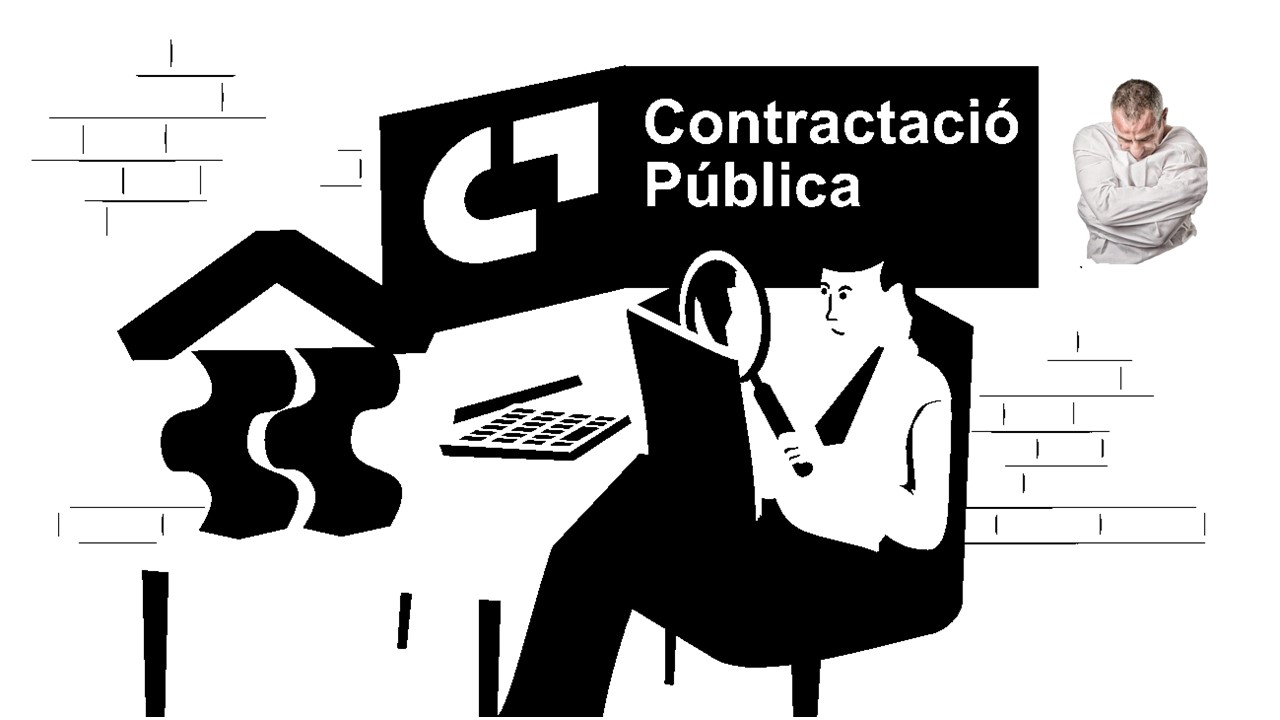
When a matter there are few who know its details, mine. When to do it you need laws, regulations, convoluted procedures and a multitude of reports in case things go wrong, my. And it is that in terms of public procurement, we are a scalded cat. For the abuses of the past, in the form of corruption or corruption of people, parties and institutions, and for the abuses of the present, in the form of gymkhanas, prices below cost, deserted bids and contested awards.
The result of this scenario has led us to be, in 2022, the state with the most deserted bids -more than seven thousand- in Europe, worth 5,000 million euros, which are added to those of a series of years in which contracting with the administration has become tragic. So much so that many companies no longer consider working, if they can avoid it, while others continue to do so due to a snowball effect that they cannot stop and that originates from having accepted, some, present offers outside the market to win contests and to be able to continue working by presenting to the banks a portfolio of works and income that would allow them to continue with access to policies and loans, even if they did not earn money or even lost. This dynamic, through a mirror effect, has caused the paradox of an administration that knows that it is bidding at demolition prices when it intends to build a project and of some bidders that cannibalize each other to fight for the springs of a very dry piece of bread..
Contrary to what some claim, bidding in the public sector –for services, supplies, works or projects– is not a business. It has some margins, when it does, very tight. So much so that there are companies in the sector that, billing hundreds of millions, present results with profits –if they are– of a few million that can sometimes be counted on the fingers of one hand. This is the scenario in the State, and that is why the largest, the most indebted resist -too big to fail-, to the detriment, not only of the smallest -medium and small companies-, but, and above all, of better salaries to attract better talent, vocations to study their professions and investment capacity in innovation and development.
The administration knows that it bids at demolition prices when it intends to build a work and the bidders cannibalize each other
Companies have been warning about this reality for some time, while the most empathetic public managers –often those who know what the private world is– accept that they are –at least– partly right and others cling to the idea that, as long as there is a bidder, that service can be provided. In general, there is a panic to decide – despite the fact that that is why they are there – evaluating issues unrelated to price, because it is already known that making value judgments about the quality of the offers can cause many headaches. It is not his fault, it is the fault of the corrupt, corrupted and corrupters. And of a law of the pendulum that has driven from one extreme to the other.
Today, in the State, competing is not easy, and the data belies any complacent opinion. The new law on public sector contracts slows down decisions, the possibility of appealing bids for free collapses organizations created to alleviate and ensure transparency in procedures, prices are not those of cost and whoever pays the consequences, as always, is the citizen, who hallucinates remembering that mayor who laid the first stone many years ago of a promenade, a school or an outpatient clinic that have not been built, that have been left half done or that are yet to be finished.
What can we think about how we are doing as a society if almost two years are needed to carry out an innovative public procurement file or if we are told that our city council has executed, in four years, 6% of its investment budget? What can I say, that I left a tender for the asphalting of the motorway as it passes through Badalona, awarded before folding, more than two years ago, and it has not yet started? Well, we are not doing well, we have tied our hands and feet and we intend to have four pesetas hard (one euro for fifty cents).
The paper supports everything, but reality, we can see, is stubborn. And the best decision for the entire country would be to rewrite the law and, above all, bid at prices that would open up competition, not from the docks, but from bread, with margins that were tied, in part, to reinvestment in better salaries. , more innovation and better services.
Ferran Falcó, president of the Restarting Badalona association



